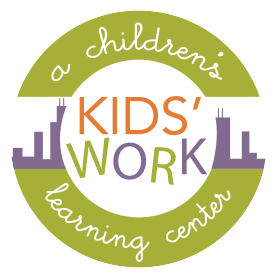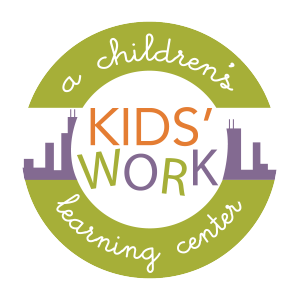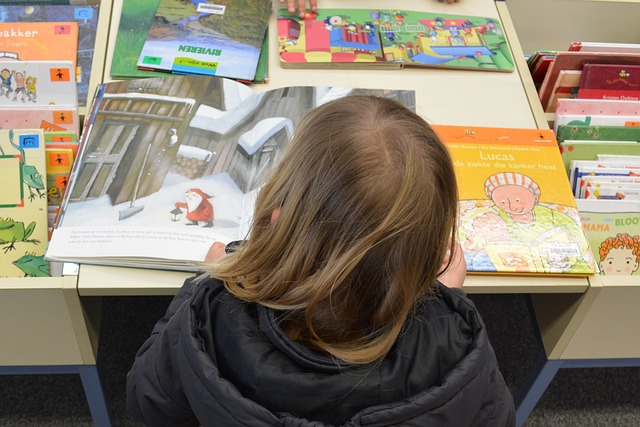Kindergarten is a major milestone in a family and child’s life. It’s also a major stepping stone for going from being around the home and family all or most of the time to entering the school system and being around other kids, students, teachers, staff, etc., for much more of the day.
A prepared kindergartner will be more likely to be a successful and happy kindergartner.
Here are 5 quick tips to help you make the transition a good one for you and your child:
-
Tell them what to expect
Kids are often pretty excited to go to school and do new things with new people, but because it’s a change in their normal life and routine, it can be a fairly daunting idea to them too. A good way to ease their little minds is to walk them through what a day will be like for them, from arrival to story time to snacks and play time and when you’ll come pick them up.
-
Show them what to expect
It can also be helpful to go by the school ahead of time, take a little tour of the campus and classrooms, and maybe take them to play on the playground with you for a little while. Then when they show up on the first day it’s somewhat familiar, and even has memories from time with you there, rather than all a big scary change and unfamiliar new place.
-
Read to them everyday before kindergarten (and beyond)
Reading to your kids is one of the very best and most beloved ways for kids to learn new vocabulary and provide the foundation for pre-reading and pre-writing skills. They’ll love hearing the stories and can pick up on all sorts of literary clues and cues from having you read to them. Seeing you model it with also help foster a love of reading in them.
-
Teach them good manners
It’s important for kids to start kindergarten with basic manners, etiquette, and courtesy already in place, because it will make their relationships with other kids easier, and pave the way for positive experiences and relationships with teachers and other adults as well. Be sure your kids know when to use please and thank you and that they do it consistently, and that they listen without interrupting. Teach them ahead of time about raising their hand if they need something or want to ask a question. This early etiquette will go a long way.
-
Prepare them with basic self-care
Teaching your kids to do things like dress themselves will make them much more independent when they get to the classroom setting and a teacher has 20 other kids to deal with. Your kid shouldn’t be sitting there freezing in a classroom with the AC on high just because they need an adult to tell them to put a jacket on when they get cold, or they need an adult’s help to put it on. Teaching kids to ask for help and the polite, appropriate way to do so is important, but teaching them independence for their basic needs is a good idea too.


